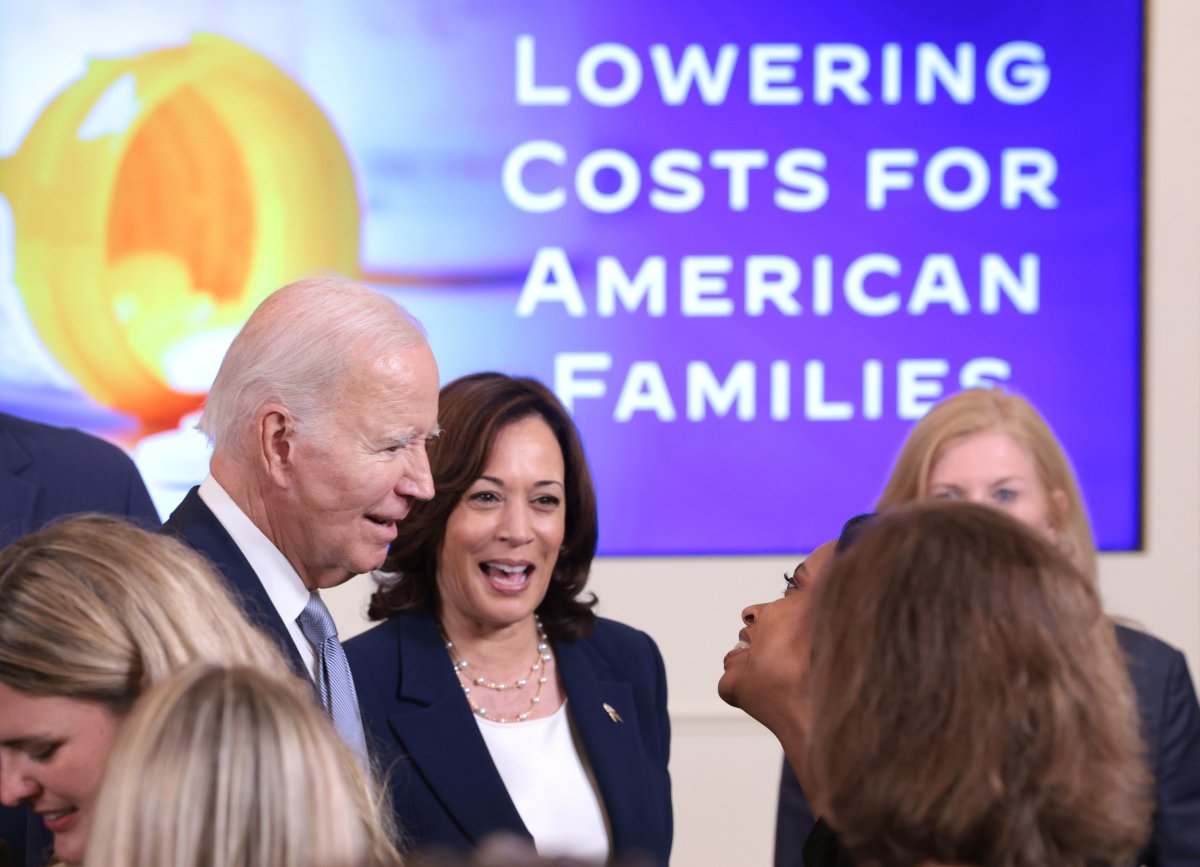A senior was shocked to find that one small mistake means she will be facing higher health care premiums for the rest of her life.
Some Americans may be unaware of what's at stake when they delay signing up for Medicare. For Marian Leonard, it caused her to face what many call a lifetime penalty.
Leonard told Reuters that she signed up for Social Security at age 65. At the time, she didn't want to sign up for Medicare because the premium prices were too much for her to afford. Leonard was living off savings and a monthly $1,200 Social Security check. As she said she was "struggling to survive," it didn't make sense to pay for the extra Medicare costs.
So she waited four years. Now, Leonard says she's paying for it. With her premiums increased by 40 percent for the delay in coverage, she said she is being "penalized for having been too poor to afford Medicare."

What You Need to Know
Typically, the initial enrollment period for Medicare Part A, which covers hospital insurance, and Part B, which covers medical insurance, begins three months before you turn 65 and three months after you turn 65.
The narrow time period means you could risk having zero health care or a late penalty fee.
"It is imperative that you start looking into your Medicare during the enrollment period which may be months prior to your 65th birthday," Kevin Thompson, a financial planner and the founder of 9i Capital Group, told Newsweek. "The process is not something you can just do a few weeks before your 65th birthday and expect to work smoothly."
Some delay Medicare because they still have an employer's or spouse's health care to cover them, but Medicare will still implement the penalty fee if and when you look for coverage.
And for those who wait longer, the penalty can grow over time.
Leonard decided against Medicare Part B because of the $135.50 monthly premium. Now she faces an extra charge of 10 percent for every year she was able to sign up but didn't. That means in 2023, when Leonard finally signed up, she was and will forever be forced to pay a 40 percent late fee.
The 2024 standard Part B monthly premium is $174.70, so the extra charge brings her monthly rate to $245.30. That's $850 more yearly than those who signed up at the right time.
"In what world does it make sense to penalize somebody who is already struggling to survive for no other reason than they were too poor to afford insurance sooner?" Leonard said.
There are still options for those who feel the Medicare premiums are too high to pay at age 65. Some have been able to get aid through the Medicare Savings Program. The program is run by your state and helps those with limited incomes pay for their premiums along with deductibles, co-payments and co-insurance. The National Council on Aging said it helps seniors get thousands of dollars back in their pockets each year.
Some under the program also qualify Medicare Part D's Low Income Subsidy that will cover the cost of prescription drugs up to $5,300 a year.
Leonard said she didn't use the programs because of her retirement savings and Social Security checks, which pushed her over the income limits, yet she's still paying the cost today.
Christopher Westfall, the founder of the Senior Savings Network, said it's uncommon for seniors to fall victim to the penalty because of the number of reminders they receive about the upcoming penalty deadline.
"It is impossible for a 65-year-old senior to be unaware of their opportunity and unaware of the future consequences of not taking action by the time they are 65," Westfall told Newsweek.
In the rare cases in which a senior does nothing and remains without insurance, that's when the issues arise, he added.
"Any insurance professional would show such a retiree that they have low-income options with Medicare that could even reduce or eliminate their Part B cost for Medicare, depending on the plan chosen," Westfall said. "To do nothing, not even seek professional guidance, can have devastating financial consequences later."
Uncommon Knowledge
Newsweek is committed to challenging conventional wisdom and finding connections in the search for common ground.
Newsweek is committed to challenging conventional wisdom and finding connections in the search for common ground.
About the writer
Suzanne Blake is a Newsweek reporter based in New York. Her focus is reporting on consumer and social trends, spanning ... Read more
To read how Newsweek uses AI as a newsroom tool, Click here.








